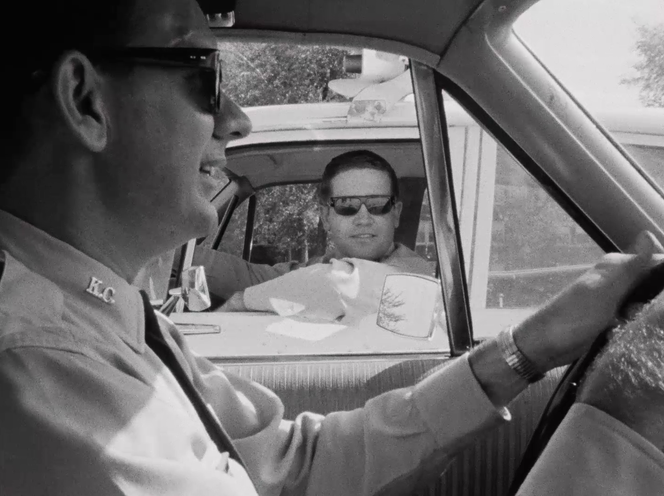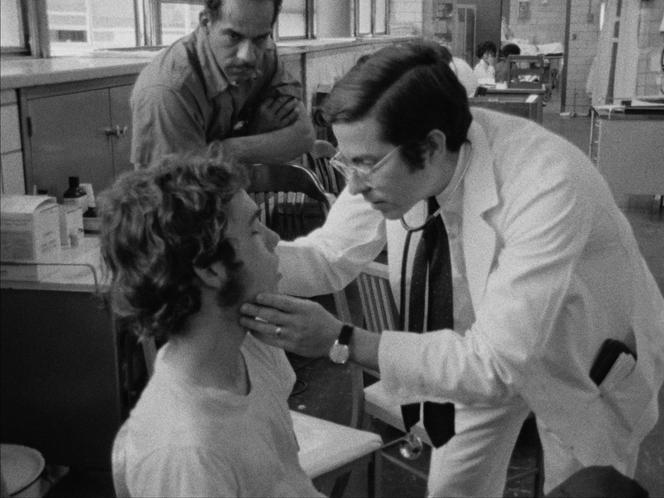


Anyone familiar with Frederick Wiseman's work knows that each film is like one of countless rooms in a great house: It's impossible to look at just one without thinking of virtually all the others. This fall, we actually have the opportunity to tour the "Wiseman house," visiting every room, every nook and cranny, in an exceptional retrospective – the first of its kind in the world. The event will be divided into two chapters, from September to March 2025, at the Cinémathèque du Documentaire at the Centre Pompidou in Paris. Forty-six documentaries will be shown, mostly shot in the US, with the exception of a handful filmed in France, between the walls of the Paris Opera, the Louvre, the Comédie-Française, the Crazy Horse and, most recently, within the Troisgros family restaurants in the Loire region.
Wiseman, 94, filmed France like an American filmmaker, as a foreigner fascinated by the workings of its most honorable institutions, with the distance of one who looks at a country that has long since adopted him, but that is not his own. In fact, every documentary filmmaker, French or otherwise, knows that he or she owes something to Wiseman. As for America, he has gone to the very marrow of it, exhaustively observing it to compose an unprecedented portrait, unique in the history of film, and, let's add, of ethnography, a discipline not reserved only for faraway lands.
At the same time, distributor Météore Films is re-releasing three of his early documentaries, collected under the title Il était une fois l'Amérique ("America Once Upon a Time in America"). Law and Order (1969) delves into the day-to-day life of a police station in Kansas City, Missouri. Hospital (1970) concerns the emergency room at the Metropolitan Hospital Center in Manhattan, New York, where caregivers try to make do with what's at hand, fulfilling a task as social as it is medical. Finally, Juvenile Court (1973), Wiseman's first film to exceed two hours, focuses on the workings of a juvenile court in Memphis, Tennessee.

There's one thing that really strikes you when you see these three films in a row: the feeling that humanity, as seen through its own eyes, is always divided into two categories: the administrators and the administered, those who care and those who are cared for, those who punish and those who are punished... The same humanity divides itself up, one side opposite the other, indulging in a "social game" with non-negotiable rules, and has a strange, arbitrary je ne sais quoi, by dint of being scrutinized by Wiseman.
You have 50.56% of this article left to read. The rest is for subscribers only.
